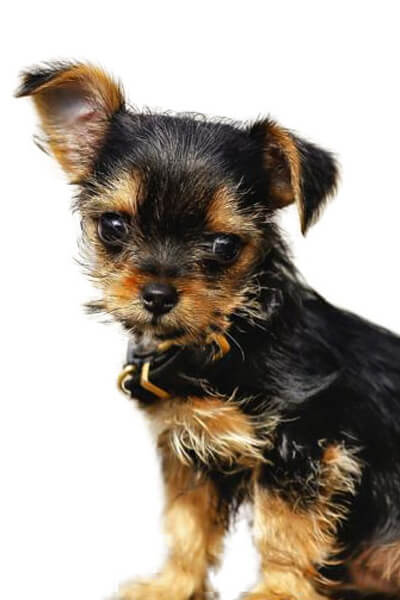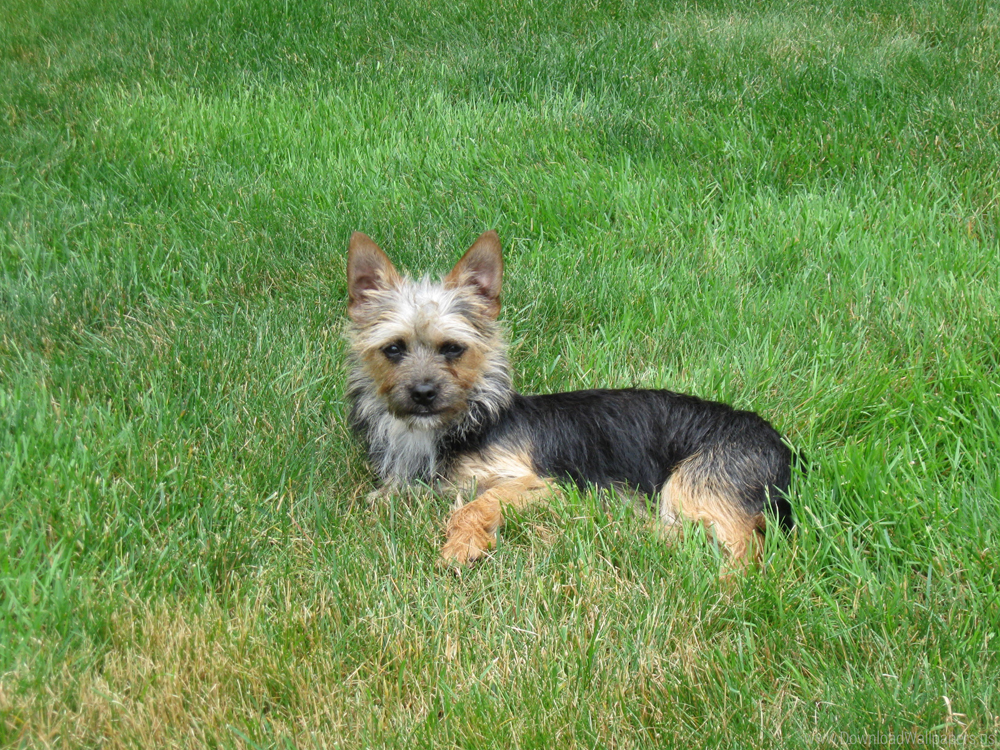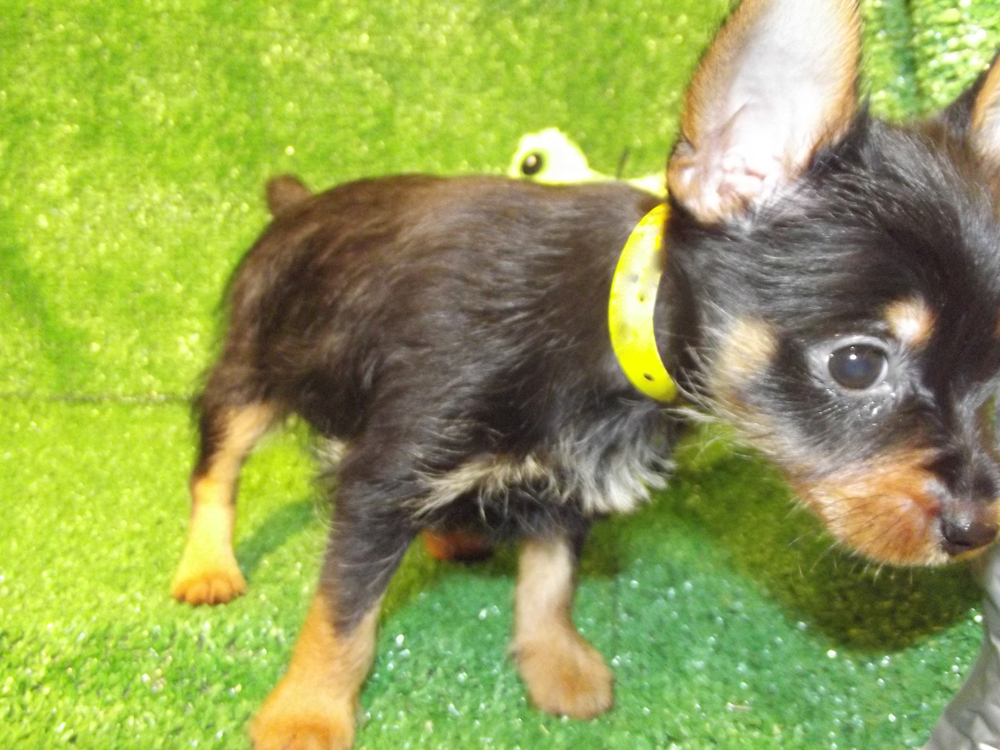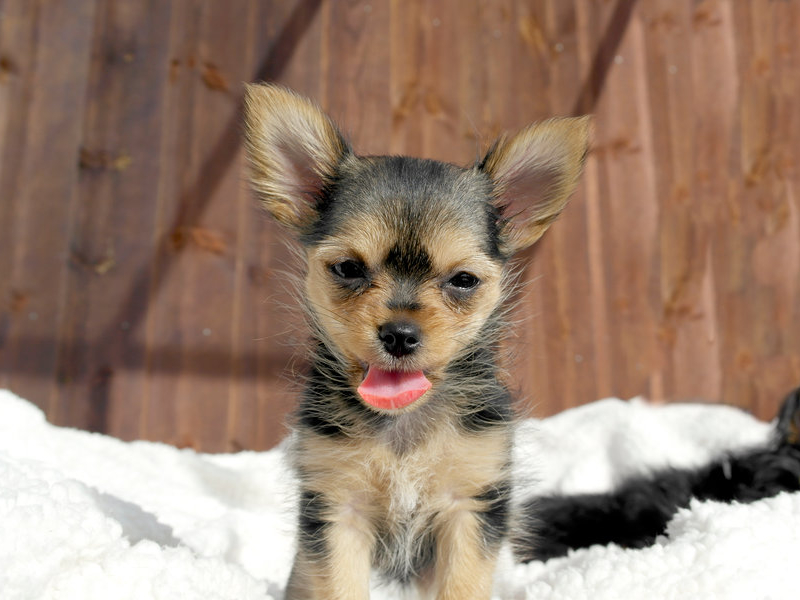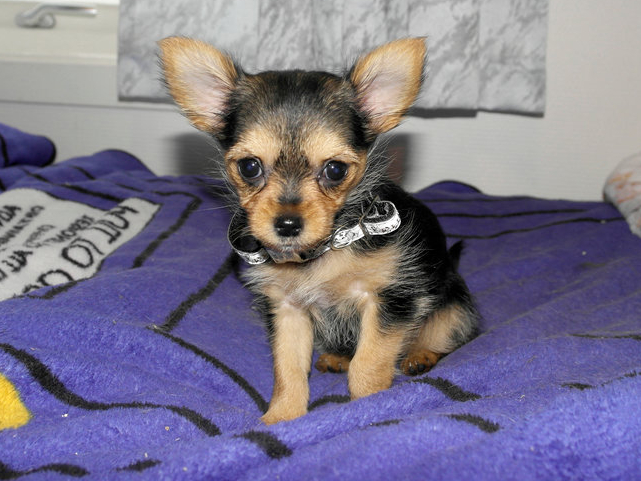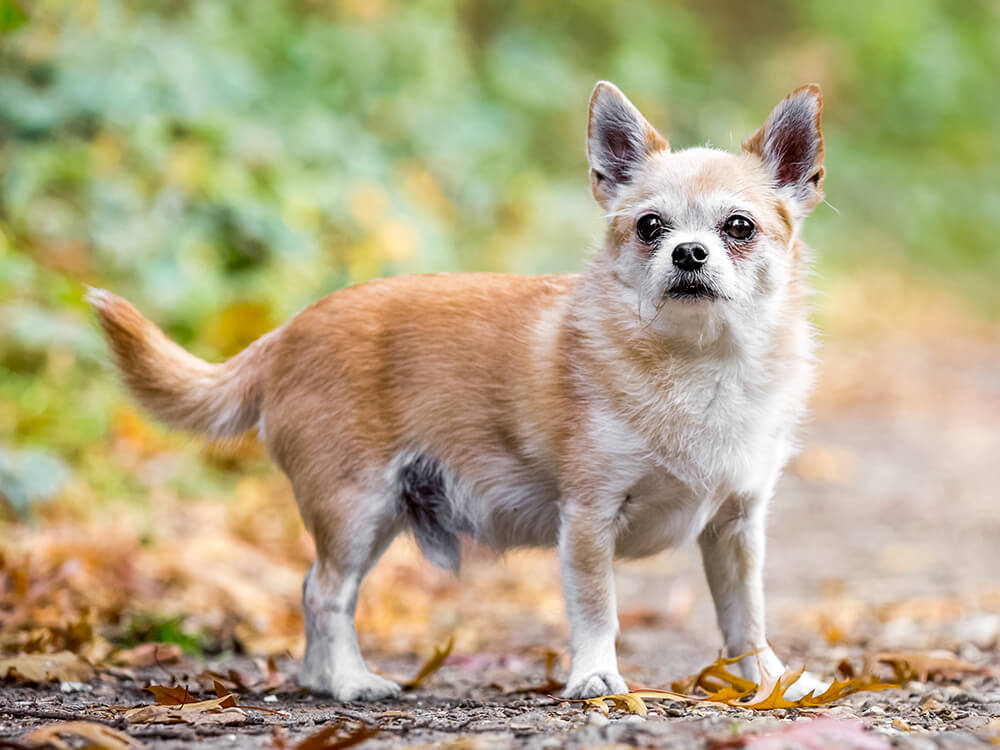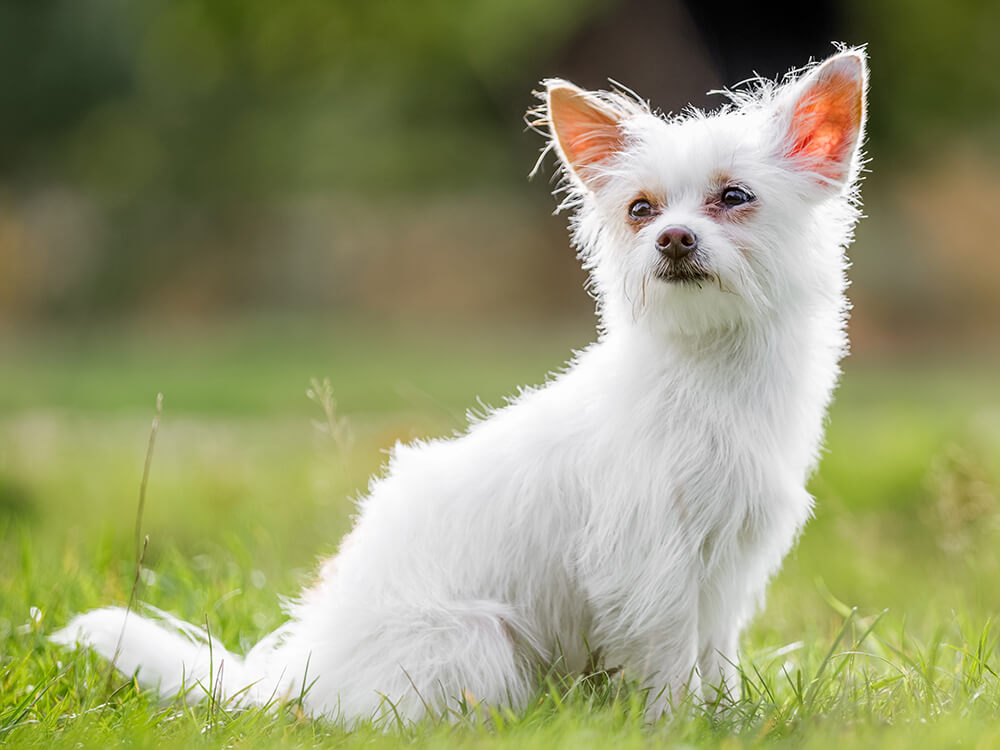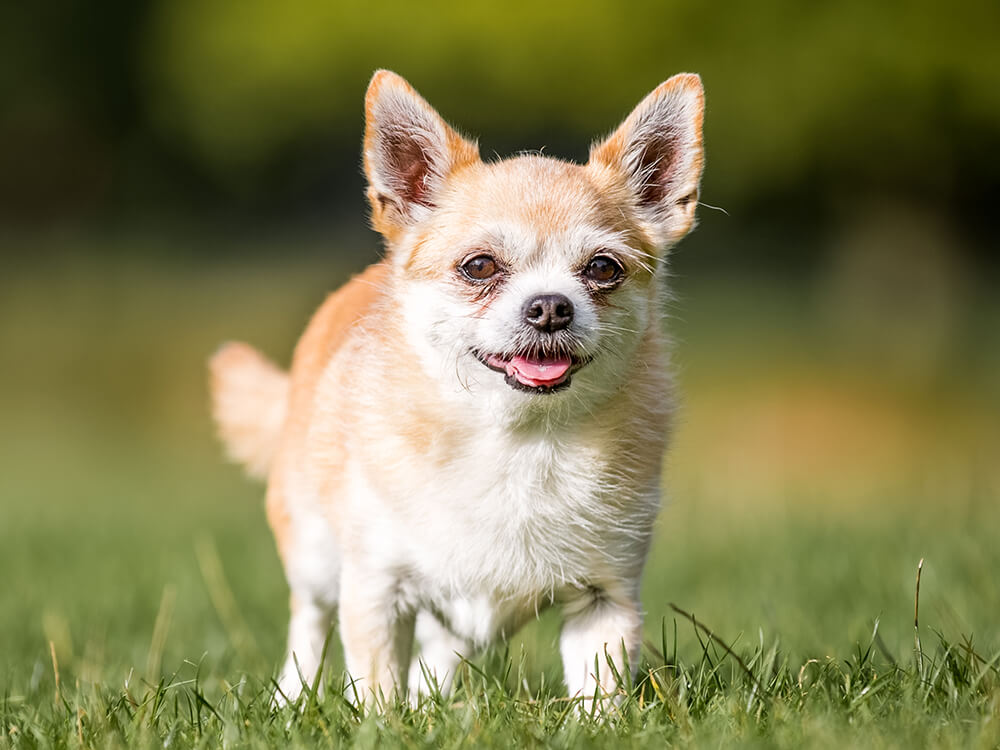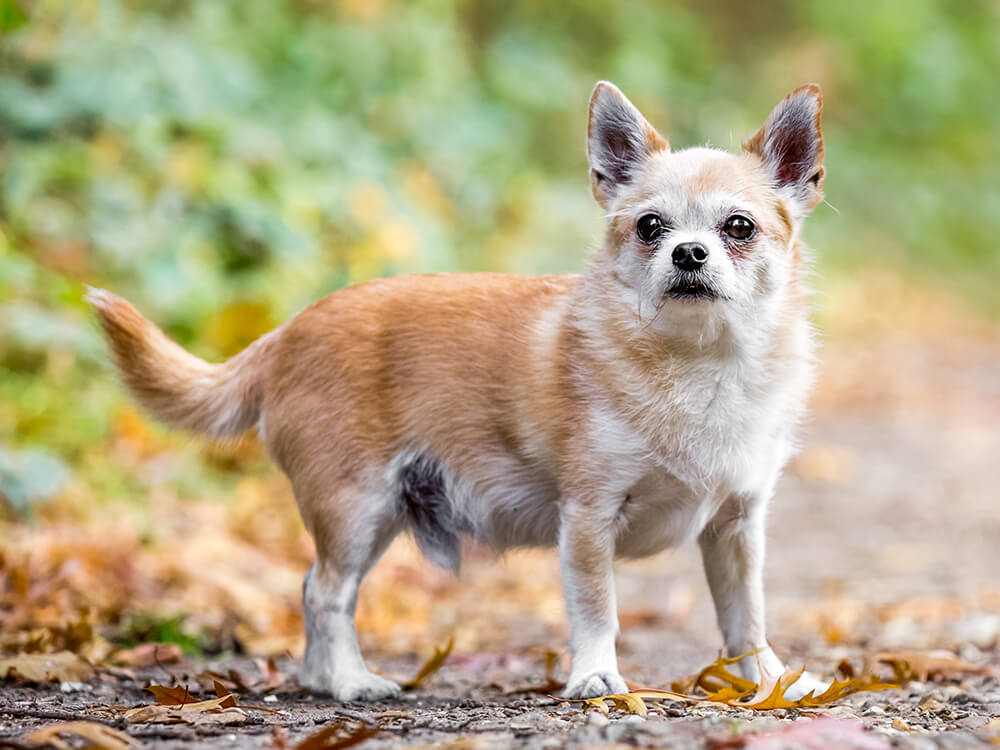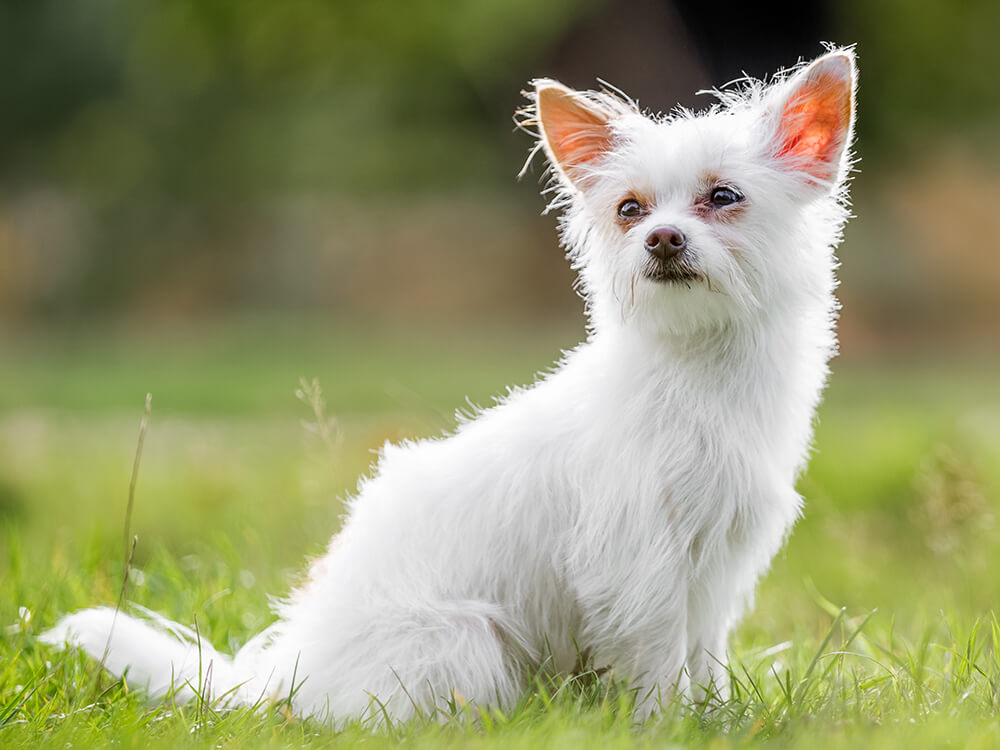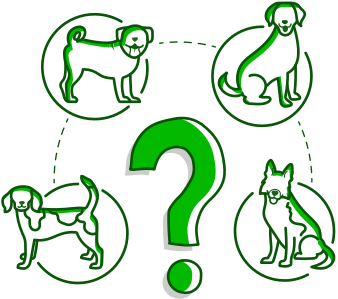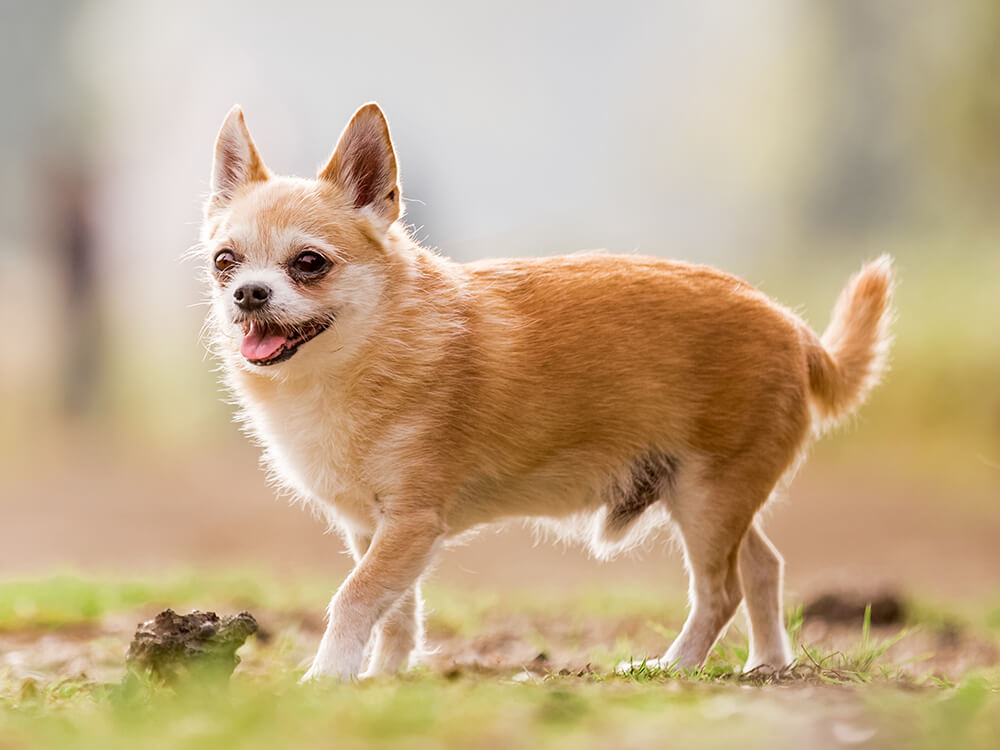
Chorkie Breed Pictures
Vital Breed Stats
| Height: | 20 - 23 cm M | 20 - 23 cm F |
| Weight: | 2 - 3 kg M | 2 - 3 kg F |
| Life Expectancy: | 13 - 15 years |
| KC Registered: | No |
Breed Characteristics
| Size: |  |
| Grooming: |  |
| Exercise Level: |  |
| Trainability: |  |
| Barking Level: |  |
| Good with Children: |  |
| Good with other pets: |  |
| Affectionate: |  |
| Protective: |  |
| Cost to Keep: |  |
Give a thumbs up if you love the Chorkie

0
More About the Breed
History
Tracing the first recorded Chorkie can be difficult but it is believed that the cross between the two purebreds, the Yorkshire Terrier and the Chihuahua was initially developed in the 1990s. The designer breed quickly became popular around the world because of its cute appearance and affectionate nature.
Despite its popularity, the Chorkie still has not gained a pedigree purebred status and is not recognised by any breed registries, including The Kennel Club. However, there are various breed clubs in the UK and other countries to ensure that breeding is done responsibly.
Appearance
Like other crossbreeds, the Chorkie’s coat, colour/s, size, weight, and overall appearance are difficult to predict. In fact, it is natural for puppies of the same litter to look very different. Some will be tall and long-legged, while others would be shorter and solid. Generally, Chorkies will have an athletic look, which is a common trait of the Chihuahua and the Yorkie. It stands 15 to 22 centimetres and weighs between 7 and 10 pounds.
The coat of the Chorkie, which is usually low-shedding, can be long or short, and straight or fluffy, depending on which parent breed it inherits it from; it can also be a combination. The common colours are black, grey, white, brown, dark brown, chocolate, merle, red, tan, or a combination of these colours.
Grooming
Temperament
Most owners would want a dog with a gentle, happy and endearing personality. These traits are what make a Chorkie a top choice even though it lacks the pedigree papers. This designer breed loves human companionship, making it a great pet even for first-time owners and older people. However, the strong bond it develops with its owners comes with a price, which is separation anxiety. This breed cannot tolerate being left alone so there must be at least one person who always stays at home to accompany it.
While it loves being with children of any age, it is a better choice for families with older kids who know how to handle small pets. A well-socialised Chorkie is friendly and affectionate even to unfamiliar people, making it an awful guard dog. It generally does well with other pets especially those it has grown up with. However, its terrier blood may lure it to chase other animals. Chorkies often forget how small they are so it is important to keep an eye on them when interacting with other animals.
Intelligence
Nutrition
- Senior and less active: up to 350 calories daily
- Typical adults: up to 390 calories daily
- Physically active/working dogs: up to 440 calories daily
Feeding
Health
Exercise
Cost of Ownership
The Chorkie is a relatively inexpensive dog to care for. Starting with a well-bred puppy, it costs between £300 and £600. Insurance for this crossbreed will be around £20 monthly for basic coverage and £40 for a lifetime policy. A more comprehensive premium costs higher.
Basic equipment for the dog to be comfortable in your house will initially cost around £200. Monthly costs for food, treats and supplements will be around £30, while yearly veterinary expenses can set you back £500, which will include vaccination, worm and flea treatments and regular check-ups.
Expect to spend at least £70 to £120 a month to care for a Chorkie, depending on the pet insurance coverage you select.
Is a Chorkie Right for You?
- The Chorkie is a designer breed and not a full-fledged pedigree dog.
- It is a popular breed because of its gentle, happy and sweet personality.
- Chorkies are great for first-time and older owners.
- Like most crossbreeds, predicting its adult size can be difficult.
- It is a low-maintenance dog as demonstrated by its low grooming and exercise needs.
- As a tiny dog prone to mishandling, the breed is better off to a family with older children.
